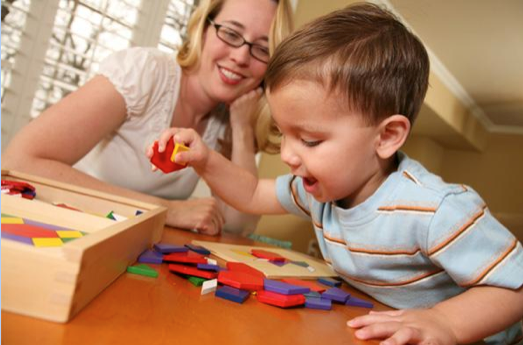
How many sick days does your child use in a typical school year?
According to data collected from 2012, it is estimated that 58% of school age children will miss between 1 to 5 days of class every year. Numbers show that 7.5 million children will lose a month of education over the course of a year due to absences. Children are more than likely not sitting in their desks, because of an illness!
If we add up the numbers spanning a child’s school career, it is possible for a student to miss an entire year of classes. A whole year! Imagine missing the 3rd grade or skipping your entire Junior year.
Depending on the season and strains circulating, keeping our family healthy can be an epic journey. Armed with chicken noodle soup, Lysol, and Vitamin C parents try to wage a battle against germs--often with little success. By embracing proactive measures, we can keep our children healthy with minimal effort.
10 Suggestions To Keep Germs At Bay
Rinse away germs! Adequately washing your hands is the best defense to preventing sickness. Use songs (like The ABC’s) to help your children know the appropriate time to scrub and lather.
Avoid touching your face, eyes, mouth, or nose with your hands. Contact with germs is inevitable, but lessen the chances merely by keeping your hands off your face.
Reduce contact in public places. You can reduce a family’s exposure by doing the following:
● Use a paper towel or a shirt sleeve to avoid touching handles in bathrooms.
● Take advantage of wipes your grocery store provides to clean cart handles.
● Clean all surfaces. Desks, computers, cell phones, and cafeteria tables can harbor more germs than a toilet!
● Use hand sanitizer when you are out and about.
● Avoid toys in the doctor’s office or visiting play places during flu season.
● If there is an outbreak in your area, avoid crowded or congested public spaces if you have very small children.
● Avoid putting purses on tables or furniture or storing book bags in a mudroom or front porch. These items often sit on dirty floors and very rarely are cleaned becoming the perfect vehicles for spreading sickness.
Get plenty of fresh air and sunlight. Experts have been warning the public about Vitamin D deficiency. Inadequate amounts of this vitamin can impact bone density, insulin irregularities, and our immune systems. Look for a natural solution and spend some family time outside.
Avoid harsh chemicals. Harsh chemicals have been linked to cancers, the onslaught of early puberty, and attention deficit hyperactivity disorder. Ditch the bleach and use less harmful ingredients to disinfect your house during a bout of sickness. Vinegar is a great alternative that can be used in or on: eating surfaces, the dishwasher, bathrooms, and laundry.
Encourage adequate amounts of sleep. The National Sleep Foundation recommends that teenagers need to get 8 to 10 hours of shut eye every night. Sleep is vital for mental and physical developments in children and teens. Lack of sleep can impact emotional control, concentration, and focus.
Eat a wide array of healthy foods. Avoid processed and fried foods as much as possible. If time is a problem, take a few hours once a month to plan, prepare, and freeze several weeks’ worth of food for easy weeknights.
Teach locker room safety. Stress personal hygiene. Recommend not sharing razors, shower shoes, and other personal equipment. Staph and fungal infections are often traced back to a locker room- taking a few precautions can save your child from a nasty case of Athlete’s Foot or a trip to a doctor.
Have a discussion about dating. Make sure your child understands how STD’s are transmitted and the truth about pregnancy. Arming them with the right information can lead to good decisions that will ultimately protect their health.
Protect your largest organ. Skin is vital to good health and is a natural barrier to keeping germs from entering your system. Sun damage, dry skin, and acne can impact the health of a child.
Here are a few tips to encourage good skin care:
● Use sunscreen and wear clothing that reflects damaging UV light.
● Stay hydrated.
● Prevent acne scarring and social issues from harming your child. Seek over the counter acne treatments or ask a dermatologist for suggestions.
Promoting Health
Keeping a family healthy is no easy undertaking. It takes concentrated effort and dedication to promote a healthy lifestyle. Reducing the amount of sick days and time away from school will benefit a child in immeasurable ways.
As an added bonus, you probably won’t find yourself boiling toothbrushes at 2 a.m. trying to nix invading germs.



























